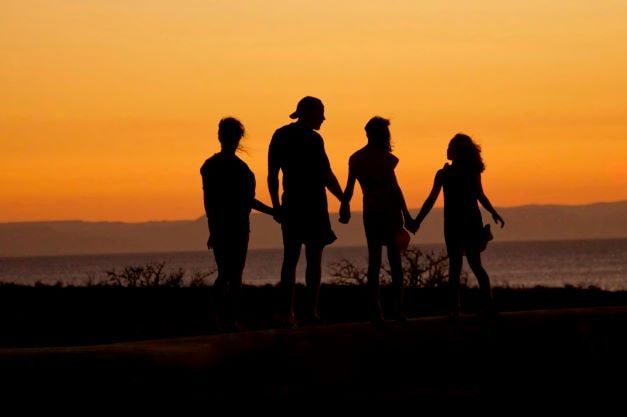Why we must move towards a more responsible tourism
The pandemic allows us to rethink if we want to preserve a model with high environmental impact. According to the United Nations World Tourism Organization, Mexico ranked the third most visited country in 2020 and the 13th in terms of tourism-related foreign exchange earnings.





